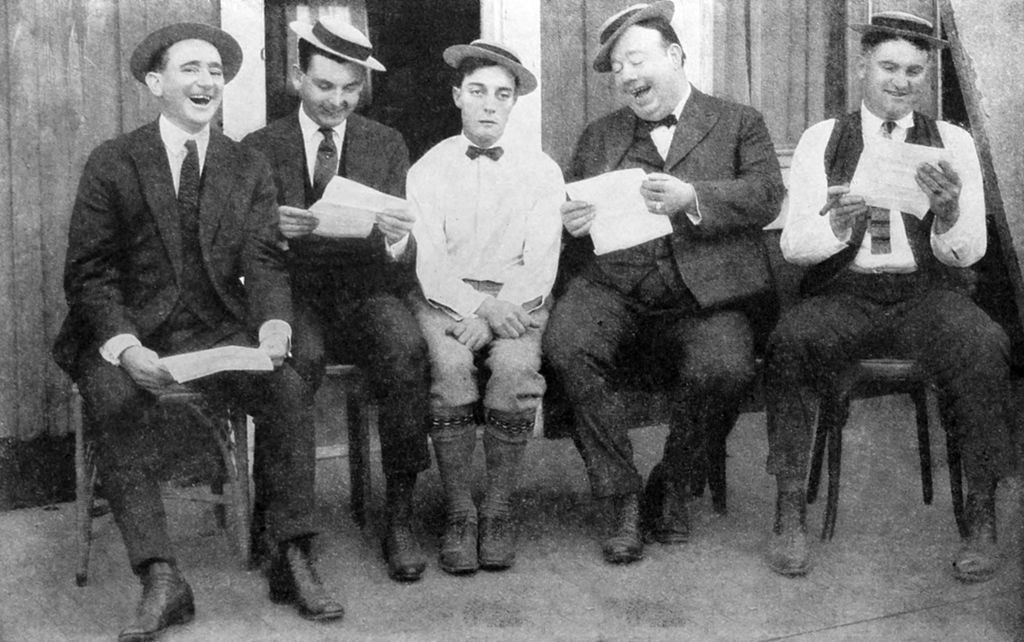
Writers sometimes talk about finding their ‘voice’, a writing style that allows them to tell a story effectively. Every writer’s voice is different; you could probably identify your favorite author given just a few paragraphs of their writing.
I’ve been keeping a blog for about seven years, which is to say that I wrote my first blog post seven years ago and have published about thirty more posts at irregular intervals since then. I’ve tried out several different voices during this time but none of them have felt quite right. This has meant I’ve found the writing process arduous and the habit has never stuck.
When I was redesigning my website recently I gave this problem a lot of thought. I like the idea of having a blog, but if I don’t actually enjoy writing, is it the right hobby for me? I suspected the problem was that I just hadn’t found the right voice yet, and that if I did I would enjoy writing more.
It seems logical to me that if you’re going to write for fun, you should write things that you would want to read. With this in mind I started by thinking about the non-fiction authors whose work I enjoy reading. (Some of those authors are listed at the bottom of this post). I realized that most of these authors have several things in common:
- They write in simple, conversational language
- They use the first person a lot
- They often use a narrative structure with lots of anecdotes
- Their work usually contains at least one surprising fact that sticks in my head after I finish reading
These qualities mean that the author’s personality is allowed to shine through their writing, so reading it feels human and intimate. My favorite non-fiction pieces read as if they had been emailed to me by a knowledgeable friend.
It struck me that this type of voice has more in common with spoken language than it does with most written language. When people talk they do so from their own perspective, they use anecdotes to engage the listener, and they use their knowledge and personal experience to make what they’re saying relevant and informative. In other words, they naturally use a lot of the same techniques that go into good writing.
I’m not the first person to have noticed this. In an essay from 2015, Paul Graham wrote:
“If you simply manage to write in spoken language, you’ll be ahead of 95% of writers. And it’s so easy to do: just don’t let a sentence through unless it’s the way you’d say it to a friend.”
Suddenly, the idea of writing seems a lot less daunting: write like you speak. Not only does this make the process of writing easier, it makes it easier to think of things to write about because all you have to do is think back to the last good conversation you had.
So perhaps my writer’s voice is just that: my voice. The same voice I use when I explain a technical concept to a colleague or tell a friend what I learned about cruise ships while on vacation in Iceland. It feels light and effortless, dare I say it, even enjoyable.
I’m excited to hone my voice in my writing this year and beyond. Since you’ve read this far, I hope you’ll join me. Thank you for listening.
Some authors whose non-fiction work I enjoy: